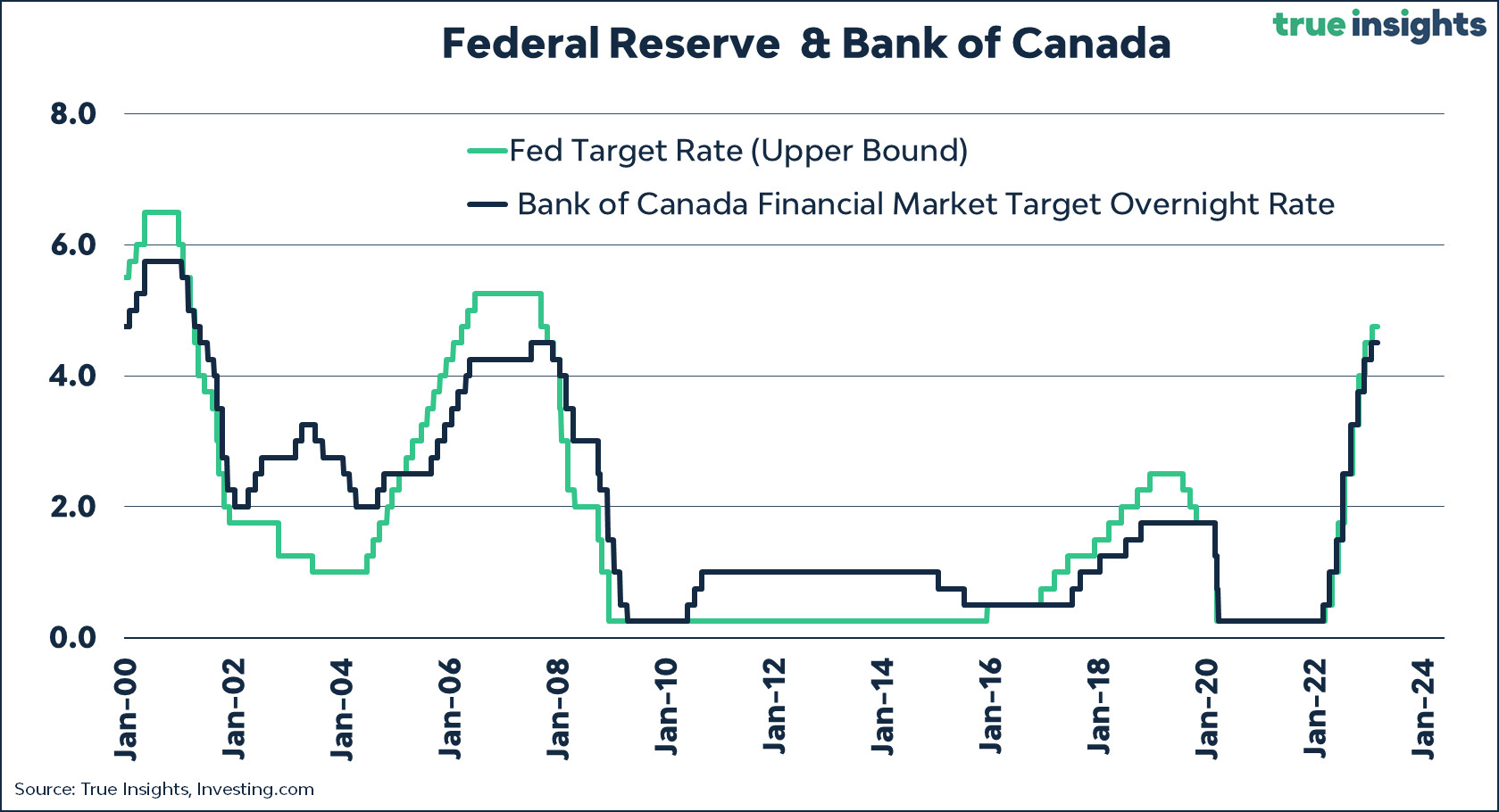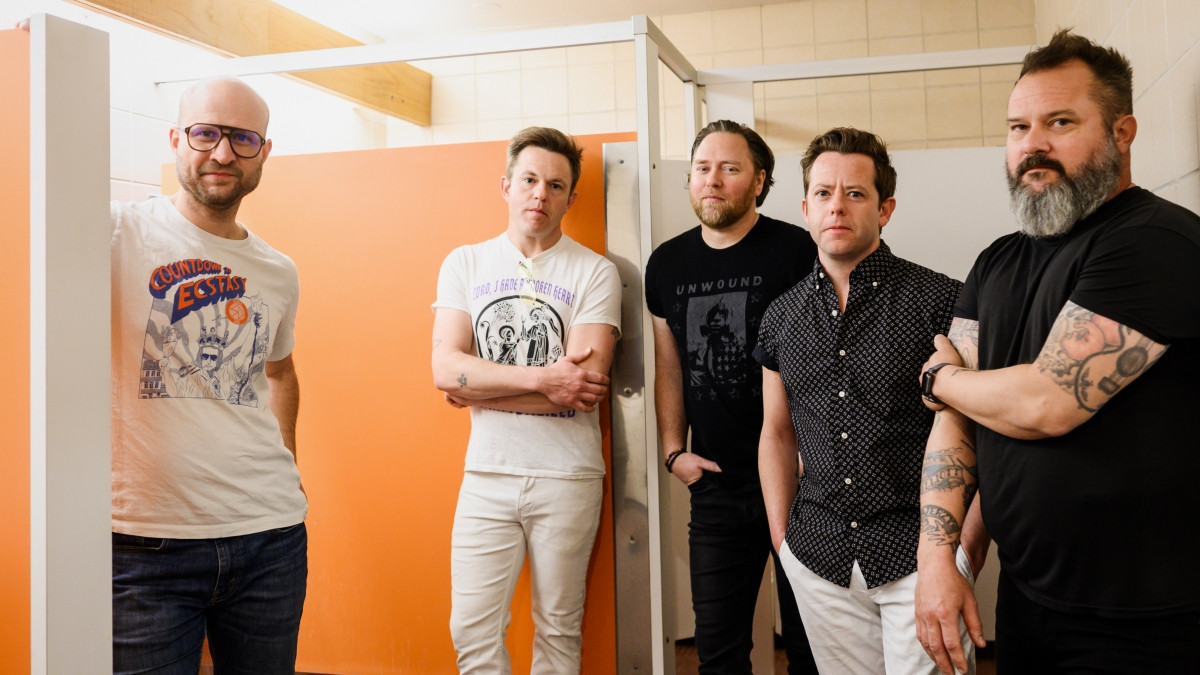Former prime minister John Major has criticized the previous Conservative government’s Rwanda scheme, saying it was unsuitable for the 21st century and was “un-Conservative and un-British”.
The Tory former prime minister expressed frustration about “the way society has come to regard immigration as an ill” and said he did not think the policy would have acted as a deterrent.
In one of his first acts as prime minister, Keir Starmer in July scrapped the controversial policy, which the Tories believed would deter asylum seekers by sending those who arrived in the UK illegally to the east African country.
He added that people who came to the UK on small boats did so “because they’re not quite sure where to go”.
On Monday Labour announced the money that had been allocated to pay for the previous government’s Rwanda scheme would go to the Border Security Command.
In an interview with the BBC’s Amol Rajan, he added: “We used to transport people, nearly 300 years ago, from our country. Felons, who at least have had a trial, and been found guilty of something, albeit that the trial might have been cursory.
“I don’t think transportation, for that is what it is, is a policy suitable for the 21st century.”
A Merger Would Be Fatal
Major, who served as prime minister from November 1990 to May 1997, said he had not decided which Tory leadership contender to support. Robert Jenrick, Kemi Badenoch, James Cleverly and Tom Tugendhat are the remaining candidates in the contest.
He said he hoped the Tories would bring people back to the party who were “genuinely centre right”, and said a Tory merger with Reform UK would be “fatal”.
Reflecting on the Conservative leadership hopefuls, he said: “I would like to support someone who’s going to look at the long-term problems and make a suggestion as to which direction we should go and bring people back into the party who are genuinely centre right.”
He added: “The only party that can legitimately appeal to the centre right is the Conservative party. And that is what we have to do, we have to decide where our natural support really lies and appeal to them.
“People may have made a misjudgment about the last election. We lost five votes [seats] to Reform UK and people are jumping up and down, and some, rather reckless people are saying, well we must merge with them. Well, that will be fatal.”
Asked whether Nigel Farage should join the Conservative party, Major said he did not “share that view”.
He added: “I don’t think he’s a Conservative, and he’s spent most of his time in the last few years telling people how much he dislikes the Conservative party and would like to destroy it. I don’t think that’s a terribly good background for bringing someone into the party.”
A Damning Verdict on Brexit
Former Tory prime minister Sir John Major has issued a devastating verdict on Brexit and described Rishi Sunak’s government as “un-Conservative” and “un-British” in the way it tried to deport asylum seekers to Rwanda.
Speaking to the BBC’s Amol Rajan, Sir John said he agreed with former Labour prime minister Sir Tony Blair that far from reducing immigration as promised by Nigel Farage, Boris Johnson and others, Britain’s exit from the EU had increased immigration and replaced Europeans with more people from other parts of the world.
Explaining he had not made any public pronouncements for some time because he found little to like about the last Tory government under Rishi Sunak, he added that the Rwanda plans were worse than the 18th-century deportations of convicts to Australia.
Addressing the 2016 vote to leave the EU, he said: “I don’t think it has done anything good. It has made our country weaker, poorer and that is emphatically not in the interest of our country. The world saw us as a member of the EU; it was a megaphone to amplify our place in the world. Instead we are isolated and outside.
”Brexit was sold to the nation on the basis of things that haven’t happened – and couldn’t have happened. There was a great degree of misapplication of reality.”
Blaming both senior Conservative and Labour sources, he went on: “The practical effect is that we are poorer... Being poorer means taxes are higher, expenditure to public services are lower – that is actually what it means and that is what has actually happened because of the false promises of Brexit.”
Sir John said that, while people from Europe had left since Brexit, “other people have been encouraged by the government to come here, and then there are people who come here by boats who haven’t been encouraged to come here at all, that do because they’re not quite sure where to go.”
Describing the impact on the Conservatives, he said: “Brexit is the most devastating thing that has happened in our party in my lifetime.”
Referring to the Rwanda scheme which cost the taxpayer £700m but failed to see a single asylum seeker flown to the east African country, Sir John was scathing.
He said: “I thought it was un-Conservative, un-British, if one dare say in a secular society, un-Christian, and unconscionable, and I thought that this is really not the way to treat people.”
The deportation scheme, which was first announced two years ago by then prime minister Boris Johnson, was scrapped by Sir Keir Starmer in his first full day as prime minister in July.
“We used to transport people, nearly three hundred years ago, from our country. Felons, who at least have had a trial, and been found guilty of something, albeit that the trial might have been cursory,” he added.
“I don’t think transportation, for that is what it is, is a policy suitable for the 21st century.”
A Misjudgment About the Last Election
When challenged that some saw the scheme as an effective deterrent and that others may view the small boats crossing the Channel as “un-Conservative”, Sir John said: “Are they seriously saying to me that somewhere in the back woods of some north African country, they actually know what the British parliament has legislated for? I think not. I absolutely think that it is not the case.”
On immigration generally, Sir John said he dislikes “intensely the way society has come to regard immigration as an ill... I don't agree with that, I’ve never agreed with it”.
He also explained that he had not done many TV interviews recently because “there’s not been a great deal I could say ... in favour of what the previous government were doing”.
“I thought it better just to stay off the air,” he said. “Now, of course, the election’s behind us, the party’s looking again to the future and I can return to speaking out, hopefully in favour.”
Sir John said he had not made up his mind who to back as the next Conservative Party leader, telling the BBC: “I would like to support someone who’s going to look at the long-term problems and make a suggestion as to which direction we should go and bring people back into the party who are genuinely centre right.”
Discussing the current state of his party and its future, he said: “The only party that can legitimately appeal to the centre right is the Conservative Party. And that is what we have to do, we have to decide where our natural support really lies and appeal to them.
“People may have made a misjudgment about the last election. We lost five votes to Reform UK and people are jumping up and down, and some, rather reckless people are saying, well we must merge with them.”
He warned getting together with Reform “will be fatal”, noting: “We lost 50 to the Liberals, and we lost a huge amount to Labour. We lost the vote on the left, more than on the right. And we have to focus on that centre-right position, and we’re not an ideological party, I do think traditionally we have been a commonsense party. And I’m optimistic. I think we have had such a bad defeat, we have got a base upon which we can build, in a wholly new and, I think, potentially effective way.”
Amol Rajan Interviews: John Major is on BBC Two at 7pm tonight (Wednesday) and available on BBC iPlayer and BBC Sounds.


















